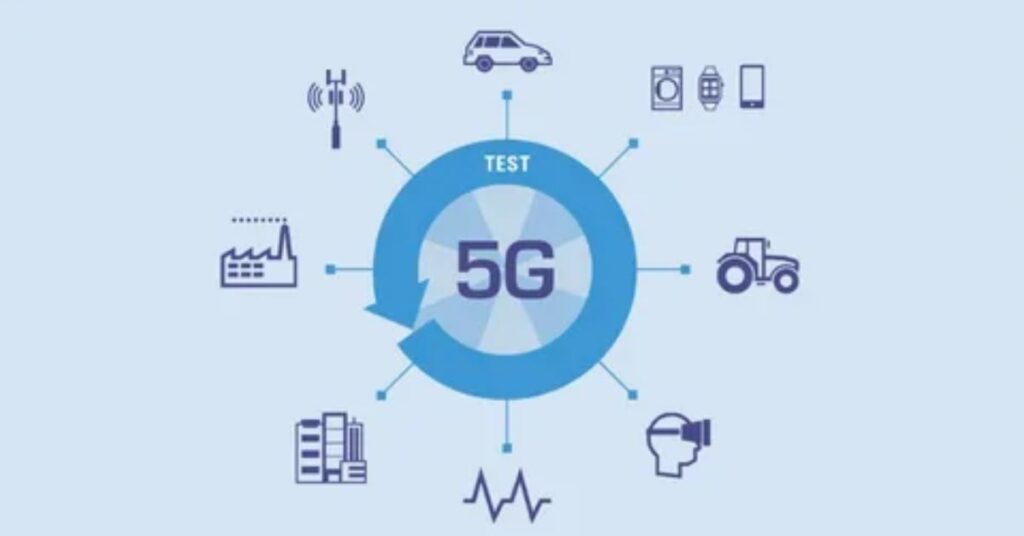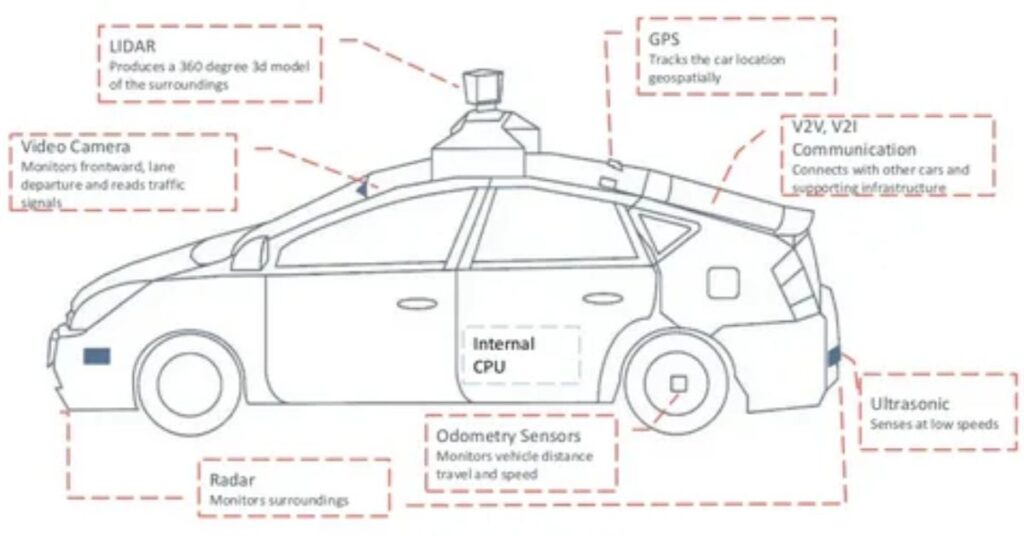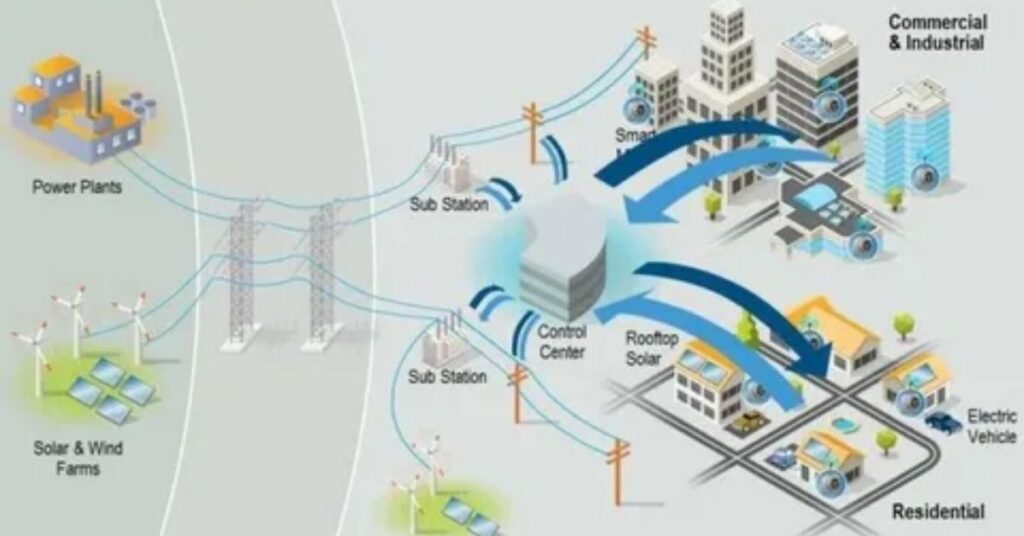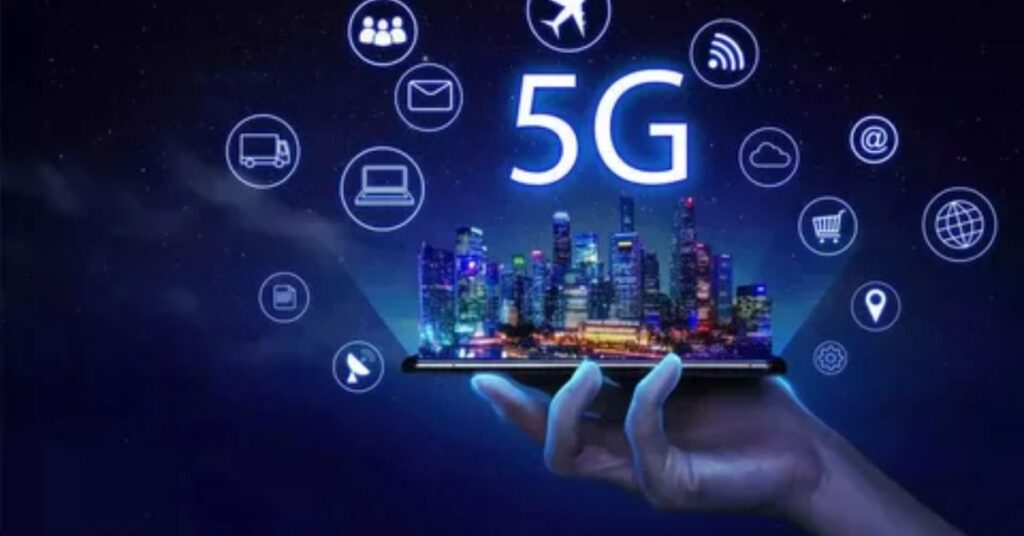5G technology is the fifth generation of wireless networks. It’s faster, smarter, and more reliable than 4G. But 5G is not just about speed. It’s a game-changer that can transform how we live and work. Imagine downloading a movie in seconds or controlling smart devices seamlessly. This new technology opens doors to endless possibilities. Curious about how it can impact your life?
In this article, we’ll explore the top 10 benefits of 5G technology. From super-fast internet to smarter cities, you’ll discover why 5G is the future. Each benefit will show how it can improve daily life or transform industries. Ready to dive in and unlock the future? Keep reading to learn more!
What Is 5G Technology?
5G is the fifth generation of wireless network technology. It is much faster than 4G and has lower latency. This means there is almost no delay when sending or receiving data. 5G uses advanced technology to handle more devices at once. It delivers faster downloads, smoother streaming, and better online gaming. The network also supports new technologies like virtual reality (VR) and the Internet of Things (IoT).
5G works by using higher frequency bands. These bands carry more data in less time. It uses small cells instead of large towers, making connections more reliable. 5G is not just for phones; it powers smart cities, connected cars, and remote healthcare. It also improves businesses’ operations, making factories and services faster and smarter. This technology is a big step forward, shaping how people connect and communicate in the modern world.
Why Does 5G Matter?
5G matters because it changes how we connect to the world. It gives us faster speeds, meaning we can download, stream, and browse much quicker. Low latency makes it almost instant to send and receive data. This is important for gaming, video calls, and online work. 5G also allows many devices to connect at once without slowing down. This is useful in busy places like airports or stadiums.
5G also matters for industries and communities. It helps create smart cities with better traffic management and safety. In healthcare, it allows doctors to perform remote surgeries and monitor patients in real-time. For businesses, it improves operations with faster data sharing and automation. 5G supports new technologies like autonomous cars, virtual reality (VR), and the Internet of Things (IoT). These innovations can improve everyday life and boost the economy. That’s why 5G is a big deal for everyone.
Top 10 Benefits of 5G Technology

5G technology offers many benefits that can change how we live and work. It provides lightning-fast internet speeds, up to 100 times faster than 4G, making downloads and streaming quick and easy. 5G reduces latency, which means less delay in things like online gaming and remote surgeries. It also supports more devices at once, perfect for busy cities and smart homes. With 5G, industries like healthcare, transportation, and education can grow and innovate. It also boosts economic growth, creates jobs, and helps improve sustainability by using energy more efficiently. 5G is truly the future of technology.
Lightning-Fast Internet Speeds
5G delivers internet speeds up to 10 Gbps, which is 100 times faster than 4G. This allows for instant downloads and smooth streaming, even in high-definition. Gamers can enjoy lag-free experiences, and professionals can transfer large files quickly. These speeds make multitasking and online activities seamless and efficient.
Ultra-Low Latency
5G reduces latency to less than one millisecond, making data transfer almost instant. This is vital for VR and AR experiences, where real-time responses are needed. It also supports mission-critical tasks like remote surgeries and autonomous driving, where delays could lead to failures.
Enhanced Connectivity

5G allows more devices to connect simultaneously without slowing down. This makes it perfect for crowded places like concerts, airports, or urban centers. It supports IoT devices in homes and cities, enabling smarter and more efficient connectivity.
Revolutionizing Industries with IoT
5G boosts IoT applications across industries:
- Smart Manufacturing: Machines communicate in real-time to improve efficiency and reduce downtime.
- Precision Agriculture: Farmers use data to optimize water usage and increase crop yields, saving resources.
Boosting Smart City Development
5G supports smart city infrastructure by enabling real-time traffic monitoring and energy management. It helps create safer public spaces with improved surveillance and emergency response systems. This leads to more efficient and sustainable urban living.
Supporting Autonomous Vehicles

5G improves communication between vehicles and their surroundings, known as V2X. This helps cars detect hazards, avoid accidents, and navigate better. It makes autonomous driving safer and more reliable, enhancing transportation systems.
Advancing Telemedicine and Healthcare
5G allows doctors to consult patients remotely with high-quality video and data sharing. It supports real-time diagnostics and remote surgeries using robotics. This improves healthcare access, especially in remote or underserved areas.
You may also read this blog: Where Is Earth Breeze Manufactured?
Transforming Education with AR/VR
5G enables immersive learning experiences with AR and VR technologies. Virtual classrooms become more interactive, and students can explore simulations, like walking through historical sites or conducting science experiments.
Reducing Energy Consumption in Networks

5G networks are designed to use energy more efficiently than previous generations. They deliver more data with less power, supporting sustainability goals. This reduces the environmental impact of growing digital demands.
Driving Economic Growth and Innovation
5G fuels innovation by enabling startups and businesses to create new services. It supports advancements in AI, robotics, and other technologies. This helps boost economies by creating jobs and increasing productivity across industries.
Challenges and Considerations of 5G

While 5G has many benefits, it also comes with challenges. One of the main issues is the cost of building the network. 5G requires new infrastructure like small cells and towers, which can be expensive. This also means running out of 5G everywhere will take time, especially in rural areas.
Another challenge is security. With more devices connected, the risk of hacking and data breaches increases. Networks must be secure to protect sensitive information. Additionally, 5G uses higher frequencies that may not travel as far, meaning more equipment is needed to cover large areas. These challenges must be addressed for 5G to reach its full potential.
FAQ’s
What is the main benefit of 5G technology?
5G offers lightning-fast internet speeds and ultra-low latency, improving everything from gaming to remote surgeries. It also supports more devices at once.
How does 5G improve smart cities?
5G enables real-time traffic monitoring, smarter energy use, and better public safety, making cities more efficient and sustainable.
What challenges come with implementing 5G?
The cost of building 5G infrastructure and the need for more equipment are major challenges. Security risks also increase with more connected devices.
How does 5G affect industries like healthcare?
5G enables remote surgeries, real-time diagnostics, and better healthcare access, especially in rural areas. It helps doctors and patients connect more easily.
Will 5G be available everywhere soon?
5G will take time to reach all areas, especially rural regions, due to the need for new infrastructure and small cells.
Conclusion
5G technology is a major leap forward, offering faster speeds, lower latency, and enhanced connectivity. Its ability to support more devices without slowing down opens up new possibilities for smart homes, cities, and industries. With 5G, sectors like healthcare, transportation, and education can innovate and improve, making our lives easier and more connected. From real-time remote surgeries to advanced gaming experiences, 5G is transforming how we live and work. The economic impact of 5G is also significant, boosting growth, creating jobs, and improving sustainability.
However, the journey to full 5G adoption does come with challenges. The cost of building infrastructure, especially in rural areas, is a major concern. Security risks also rise with the increasing number of connected devices. Despite these obstacles, the benefits of 5G far outweigh the challenges. As technology continues to evolve and expand, 5G will shape the future of communication, innovation, and global connectivity, making it a key player in the digital age.







